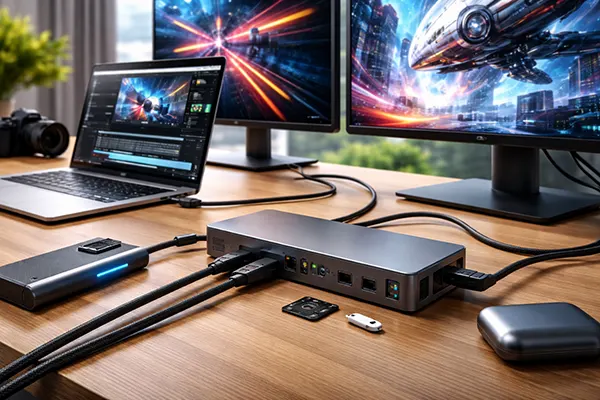
Blockchain in Online Casinos: Ensuring Transparency and Security in Transactions
Blockchain technology has become a cornerstone in many industries, including online casinos. By introducing unmatched levels of transparency, security, and efficiency, blockchain is reshaping how digital transactions are handled in the gambling world. This technology not only enhances the trustworthiness of online platforms but also empowers players with greater control over their data and funds.
What is Blockchain Technology?
At its core, blockchain is a decentralised digital ledger that records transactions across a network of computers. Each transaction is stored in a “block,” which is cryptographically linked to the previous one, forming an immutable “chain.” This system ensures that data remains tamper-proof and transparent, as any changes require consensus from the entire network.
In the context of online casinos, blockchain serves as a foundation for secure and transparent operations. Every deposit, withdrawal, or game outcome can be recorded on the blockchain, ensuring a high level of accountability. This decentralised approach removes the need for intermediaries, reducing operational costs while enhancing trust among players.
How Blockchain Works in Online Casinos
Online casinos utilising blockchain technology often integrate it into several critical functions. For example, blockchain can verify the randomness of game outcomes, ensuring that no external party can manipulate results. Additionally, it enables smart contracts, which automate payouts and bonuses, reducing the likelihood of disputes between players and operators.
Furthermore, blockchain-based casinos typically support cryptocurrency transactions. This provides players with faster processing times, lower fees, and enhanced privacy compared to traditional payment methods. These benefits make blockchain an ideal solution for the dynamic and competitive online gambling industry.
The Role of Blockchain in Ensuring Security
Security breaches and fraud have historically plagued the online gambling industry, undermining trust and causing significant financial losses. Blockchain technology offers a robust solution to these challenges by decentralising data storage and encrypting all transactions.
Each blockchain transaction undergoes rigorous validation by a distributed network of nodes. This process eliminates single points of failure, making it nearly impossible for cybercriminals to compromise the system. Moreover, blockchain’s transparency ensures that all transactions can be audited, further deterring fraudulent behaviour.
Examples of Blockchain Applications
Blockchain’s potential in online casinos extends beyond securing transactions. Several operators now leverage this technology to offer provably fair games, which use cryptographic algorithms to verify that game outcomes are not manipulated. Players can independently confirm these results, fostering trust and transparency.
Another application is the use of smart contracts to automate loyalty programmes and bonuses. These self-executing contracts eliminate manual errors and delays, providing a seamless experience for players. Blockchain also supports secure digital wallets, enabling players to store and manage their cryptocurrencies without relying on third-party payment providers.

Transparency in Online Gambling
Transparency is a cornerstone of trust in any industry, and online gambling is no exception. Blockchain’s immutable ledger ensures that all transactions and game outcomes are recorded and accessible for verification. This level of transparency helps players feel confident about the fairness of games and the integrity of the casino.
For instance, blockchain enables real-time tracking of funds, ensuring that deposits and withdrawals are processed accurately. It also allows operators to demonstrate compliance with regulatory requirements, as all financial activities can be traced and audited. This fosters a positive reputation for casinos that embrace blockchain technology.
Future Implications of Blockchain in Online Gambling
As blockchain technology continues to evolve, its applications in the online gambling sector are expected to expand. Innovations such as decentralised gaming platforms, token-based loyalty programmes, and cross-platform integrations could redefine the industry. These advancements promise not only to improve player experiences but also to set new standards for fairness and security.
Moreover, the integration of blockchain could lead to the development of entirely new gambling ecosystems, where players and operators interact directly without intermediaries. This could reduce costs, improve efficiency, and provide a more transparent gambling environment. As more casinos adopt blockchain, players can look forward to a safer and more innovative gambling landscape.
In conclusion, blockchain technology is revolutionising the online casino industry by enhancing transparency, security, and trust. Its decentralised nature and wide-ranging applications make it a powerful tool for addressing the industry’s most pressing challenges. As blockchain adoption grows, online casinos will continue to thrive in an increasingly competitive market.




